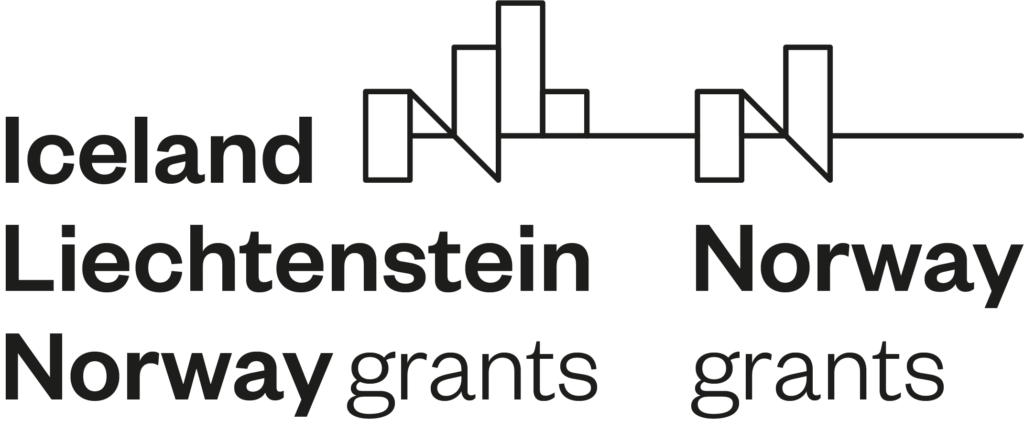
Sharing and teaching PCC
© jakkapan – stock.adobe.com
To work in a person-centred way, understanding the patient's unique needs is paramount. Listening and comprehending the needs, values, and preferences that enable the patient to live a dignified life is essential - seeing the whole person is crucial.
The primary goal of this learning objective is to communicate the methodology and working method through learning activities that encourage dialogue and the exchange of thoughts and experiences.
This is important to get more people to understand and adopt the methodology.

Ongoing Projects and Investigations
PACT I, II, and III
Western societies are witnessing an increase in patients with multiple long-term conditions. Patient-Centred Health Service Teams (PACT) address this challenge through interdisciplinary coordination and personalised care. Read more about the project here:
PACT III – Patient-Centred Health Service Teams: How do they work and for whom? (Norwegian)
Content Links
User guide for Person-Centred Health
Globally, patients experience disrespect in their interactions with healthcare professionals. From Tromsø, Professor Gro Rosvold Berntsen has made it her mission to document the effect of person-centred, rather than diagnosis-centred, health services. Now, the world listens to what she has to say. Read more (Norwegian)
This is how physiotherapists do it in Tromsø
Focus on individual interdisciplinary treatment has shown to reduce the number of emergency admissions, re-admissions, and the risk of death, a study reveals. Tromsø has had its patient-centred team since 2014. Read more
We need to "hear" the patient's voice in the medical record
Elderly patients with multiple diagnoses usually require assistance from various actors in municipal and specialist health services. While this collective effort must be coordinated, where is the patient's voice in the journal? Read more
Scientific Articles
Five Principles for the Development of Minimally Disruptive Digital Medicine
In this insightful article from The BMJ, experts present an innovative approach to digital medicine, emphasising the need for minimally disruptive solutions in healthcare. With increasing challenges in the management of chronic conditions, the authors advocate for a digital medicine model that respects both humanistic and biotechnical aspects of care. They propose five fundamental principles, with the goal of balancing technological advancement with patient-centred care. This is an essential read for healthcare professionals who want to understand the future of digital healthcare solutions. Read the article here
ACT-, FACT- and FACT young-team
ACT (Assertive Community Treatment) and FACT (Flexible Assertive Community Treatment) are approaches designed to provide proactive, integrated, and comprehensive services to individuals suffering from serious mental health problems. Read more
ISQUA : Person-Centred Care Systems: From Theory to Practice
ISQua presents a White Paper on person-centred care, exploring how this approach can become the norm in healthcare. The article emphasizes the need for holistic patient treatment and discusses challenges and solutions for implementing person-centred care in healthcare practice.
Person-centred, integrated and pro-active care for multi-morbid elderly
The study "Person-centred, integrated and pro-active care for multi-morbid elderly with advanced care needs" examines the effect of a new healthcare approach, Patient-Centred Team (PACT), for elderly people with multiple diseases. It focuses on person-centred, integrated, and proactive care. The trial involved 439 elderly patients and 779 controls. The results showed that the PACT group had fewer emergency admissions, fewer hospital bed days, a mixed impact on readmissions and reduced mortality compared to the control group, indicating that the PACT approach improved care outcomes for these patients Read more
Other Links:
Enabling Person Centred, Team Based Care (Australia)
This video discusses the importance of integrated, team-based care models in healthcare. It highlights how such approaches can improve patient care, reduce costs, and increase efficiency in healthcare. The video also addresses the benefits for healthcare professionals, such as reduced burnout and increased job satisfaction, and emphasises the necessity of collaboration and person-centred care.
Teams Working Person-Centred in Norway
National Centre for Ageing and Health
The National Centre for Ageing and Health describes person-centred care as an approach that takes into account the individual's personality, habits, and psychological needs. This is particularly important for individuals with developmental disabilities and conditions such as dementia. The approach involves individual adaptation and follow-up and uses methods such as the VIPS practice model and Marte Meo.
The Norwegian Directorate of Health
Final Report of the Major Recipient Project (Norwegian)
Report for the Director's Leadership Group – October 24, 2023:
Professional Networks
Through professional networks, healthcare personnel from different disciplines and specialties can collaborate and share knowledge. These networks promote interdisciplinary collaboration and innovation and contribute to continuous professional development and updates on best practices.
Fagnettverk samvalg
The Shared-Decision-Making Centre regularly invites to an online professional network conducted digitally.
The purpose is to share and increase knowledge about shared decision making. Additionally, this is a great opportunity to build networks. The meetings are open to everyone.
Click here (Norwegian) for information on registration, programme, and time of the next meeting.
Dignity Care
Dignity Care investigates how to improve health services for individuals with complex needs by developing and testing a digital interaction tool for service providers, patients, and relatives that promotes a holistic and person-centred health service.
Click here (Norwegian) for more information.
Professional Network for Shared Decision Making (Coming Soon)
A network for Person-Centred Health Services is under development.
More information coming soon.


